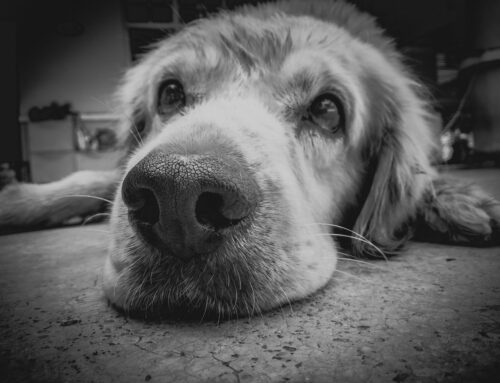Ensuring your dog’s wellness is crucial for its overall health, happiness, and quality of life. Like humans, dogs need proper nutrition, exercise, and medical care to maintain good health. A healthy dog is more likely to have a longer lifespan, be more active and playful, and have a stronger immune system. Regular exercise can also reduce the risk of obesity, leading to various health issues, such as diabetes and joint problems.
Here are the details on each of the steps to maintain and boost your dog’s wellness:
Regular exercise
Dogs need exercise to maintain good physical and mental health. Depending on your dog’s breed, age, and activity level, they may need anywhere from 30 minutes to 2 hours of exercise daily. This can include walks, runs, playing fetch, and other activities. Ensure your dog has plenty of opportunities to explore and sniff around, an essential part of mental stimulation.
Proper nutrition
Feeding your dog a balanced and nutritious diet is essential for their health and well-being. Choose high-quality dog food appropriate for your dog’s age, size, and activity level. Make sure also to provide fresh, clean water at all times.
Regular vet check-ups
Regular visits to the veterinarian are essential to ensure your dog is healthy and to catch any potential health issues early. During check-ups, your vet may perform a physical exam, run blood tests, and recommend preventative measures such as flea and tick prevention, heartworm medication, and vaccinations.
Mental stimulation
Dogs need mental stimulation to keep their minds active and engaged. You can provide this through training exercises, puzzle toys, and games that challenge their problem-solving skills. Regular playtime with other dogs or with you can also help provide mental stimulation.
Socialization
Proper socialization is essential for your dog’s overall well-being. Socializing your dog from a young age can help them feel comfortable and confident around other dogs and people. This can include taking your dog to puppy classes, dog parks, and other social activities.
Grooming
Regular grooming can help keep your dog’s coat and skin healthy. This includes brushing your dog’s coat regularly, bathing them as needed, and trimming its nails. Regular grooming can also help you detect lumps, bumps, or other health issues early on.
Preventative measures
Taking preventive measures can help protect your dog from common health issues. This can include using flea and tick prevention, giving your dog heartworm medication, and keeping them up to date on vaccinations. It’s also essential to keep your dog’s environment clean and safe and to provide them with a comfortable and secure place to sleep.
Following these steps can help ensure your dog lives a happy and healthy life. Remember to show your dog plenty of love and affection, as this is integral to their well-being.





